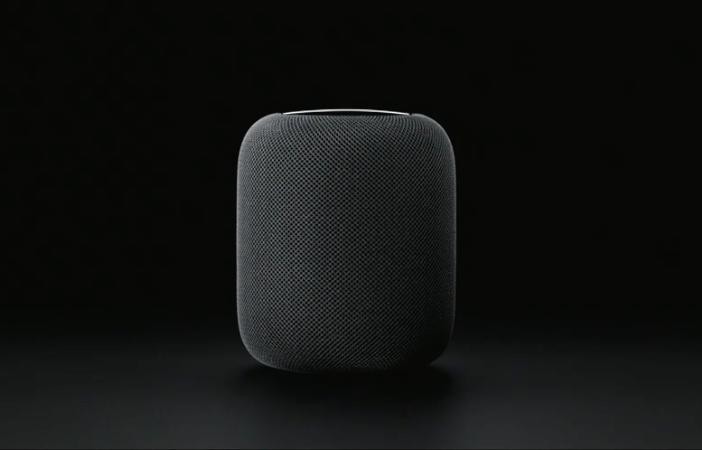What can't the HomePod do at launch?

iMore offers spot-on advice and guidance from our team of experts, with decades of Apple device experience to lean on. Learn more with iMore!
You are now subscribed
Your newsletter sign-up was successful
Apple's HomePod is upon us and it's finally bringing Siri to a smart speaker to match the likes of Amazon Echo and Google Home. There are a few things it can do, but it might be best to know what it can't do at launch time, so you can make an informed decision before going all-in right away with your hard-earned $349.
What the HomePod can do
Let's get this out of the way first, since HomePod will be launching with a relatively limited feature set. First, it will have Siri baked in. You'll be able to control HomeKit-enabled devices with your voice, search the web, set alarms, and a lot of the other things you can already do with Siri on your iPhone.
The HomePod will also have Apple Music integration, so you'll be able to listen to all of your Apple Music library, stream radio stations and playlists, and anything else you enjoy with Apple Music. It'll also play podcasts!
With Siri's integration, you'll be able to make calls and send messages (something you can't easily do with Google Home or Alexa).
There'll also be accessibility features baked in, like VoiceOver, and you'll be able to AirPlay audio from your iPhone, iPad, or Mac.
Aside from voice control, there will be touch features built into the hardware, which boil down to tap playback control.
iMore offers spot-on advice and guidance from our team of experts, with decades of Apple device experience to lean on. Learn more with iMore!
What the HomePod can't do
Come launch time, there are some key features that the HomePod is missing. For one, despite it basically being a Bluetooth speaker, it can't act as a Bluetooth speaker — AirPlay only. So if you want to listen to tunes on your HomePod, but you're without Wi-Fi, you're S.O.L.
For another, AirPlay 2 isn't ready yet, which is needed for multi-room audio and stereo pairing (which all of its top competition can do). It's slated to show up later in the year with a software update, but for now, if you grab two HomePods, they'll be quite separate from one another. You also won't be able to set Spotify, Pandora, or any other music services as your default (like Alexa's "Skills" or Google Home lets you).
It can't do anything Siri can't do, which means it's missing a lot of the third-party app integration that Amazon Echo and Google Home are known for.
You can only use one iPhone to set up the HomePod right now, which means only one user's account/Siri can be supported at a time. There is no voice registration at the moment, so anyone can use Siri, but not everyone can hook up their individual Apple music libraries (though you can AirPlay them so long as you set it up that way).
Are you buying in or waiting for more features?
Will you be one of the first to buy the HomePod or will you wait and see if more features are added before dropping $349? Sound off in the comments below!
Mick is a staff writer who's as frugal as they come, so he always does extensive research (much to the exhaustion of his wife) before making a purchase. If it's not worth the price, Mick ain't buying.

